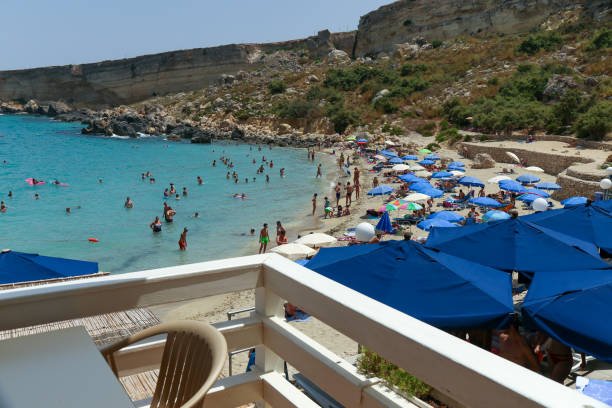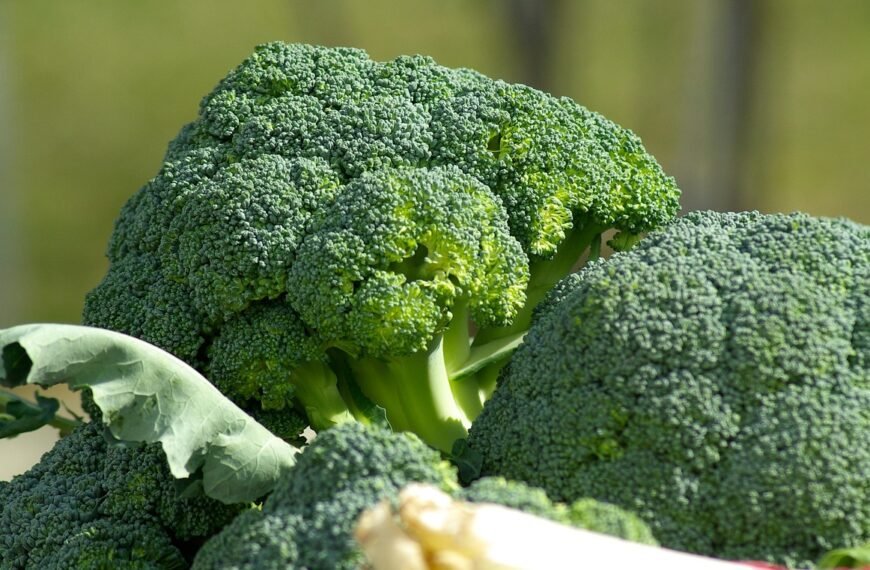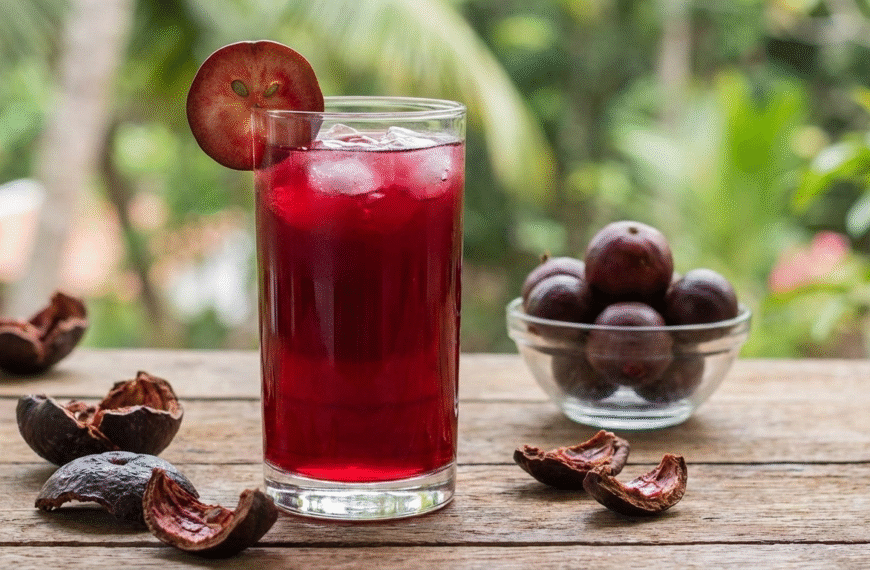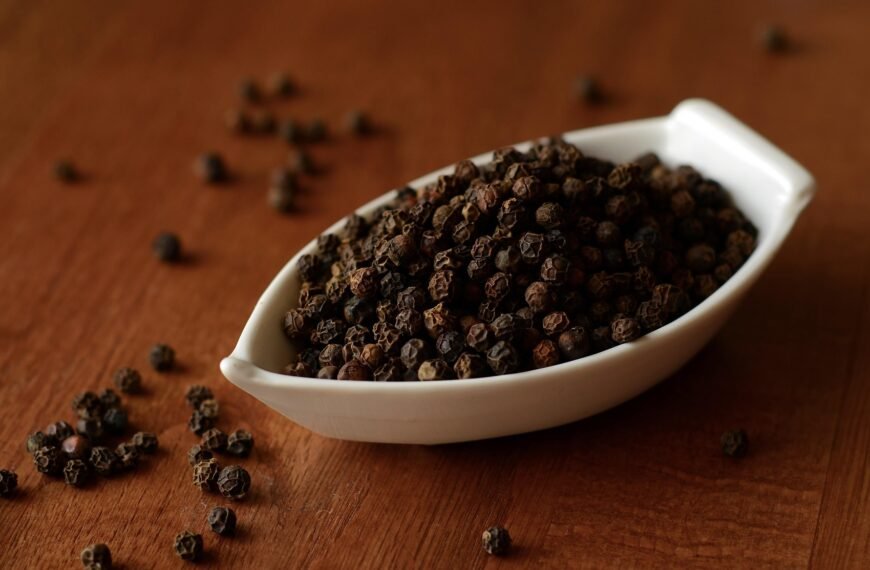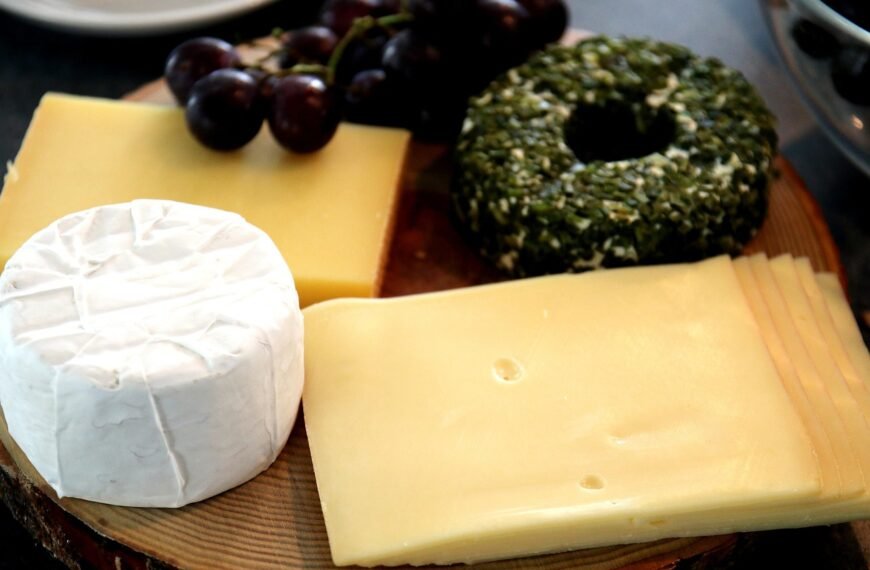Once a quiet paradise, Comino, a small island in Malta, is now facing the challenges of mass tourism. The iconic Blue Lagoon, known for its crystal-clear turquoise waters, attracts thousands of visitors every year. While breathtaking in photos, the reality tells a different story.
Tourists flood the small island during peak season, turning the once-tranquil spot into a chaotic and overcrowded destination. Boats packed with visitors arrive daily, filling every available space along the shore. Loud music, litter, and environmental damage have raised serious concerns among locals and conservationists.
Many travelers expect a peaceful escape but leave disappointed. Some even call it a “scam,” as they experience long wait times, overcrowding, and a lack of amenities. Decades ago, Comino was a hidden gem where visitors could enjoy its beauty in solitude. Today, that peace is a distant memory.
In response, activists and environmentalists have taken action. Movimenti Graffiti, a local group, protested against the commercialization of Comino by removing sunbeds and deckchairs from the public beach. Their message was clear: the island should be protected, not exploited.
Authorities are now stepping in. To reduce the strain on Comino, officials have introduced a daily visitor cap, cutting the number of tourists in half. While this is a step toward sustainability, conservationists argue that more needs to be done. They suggest a ticketing system to control access and protect the delicate ecosystem.
Comino’s struggle is part of a larger trend. Across Europe, popular destinations like Venice and Athens are taking measures to manage overtourism. Entry fees, visitor caps, and stricter regulations aim to balance tourism with environmental preservation.
For many, the hope is that Comino can regain its lost charm. If managed responsibly, future generations may still have the chance to experience its beauty without the overwhelming crowds. The challenge now is finding the right balance between tourism and preservation before it’s too late.

